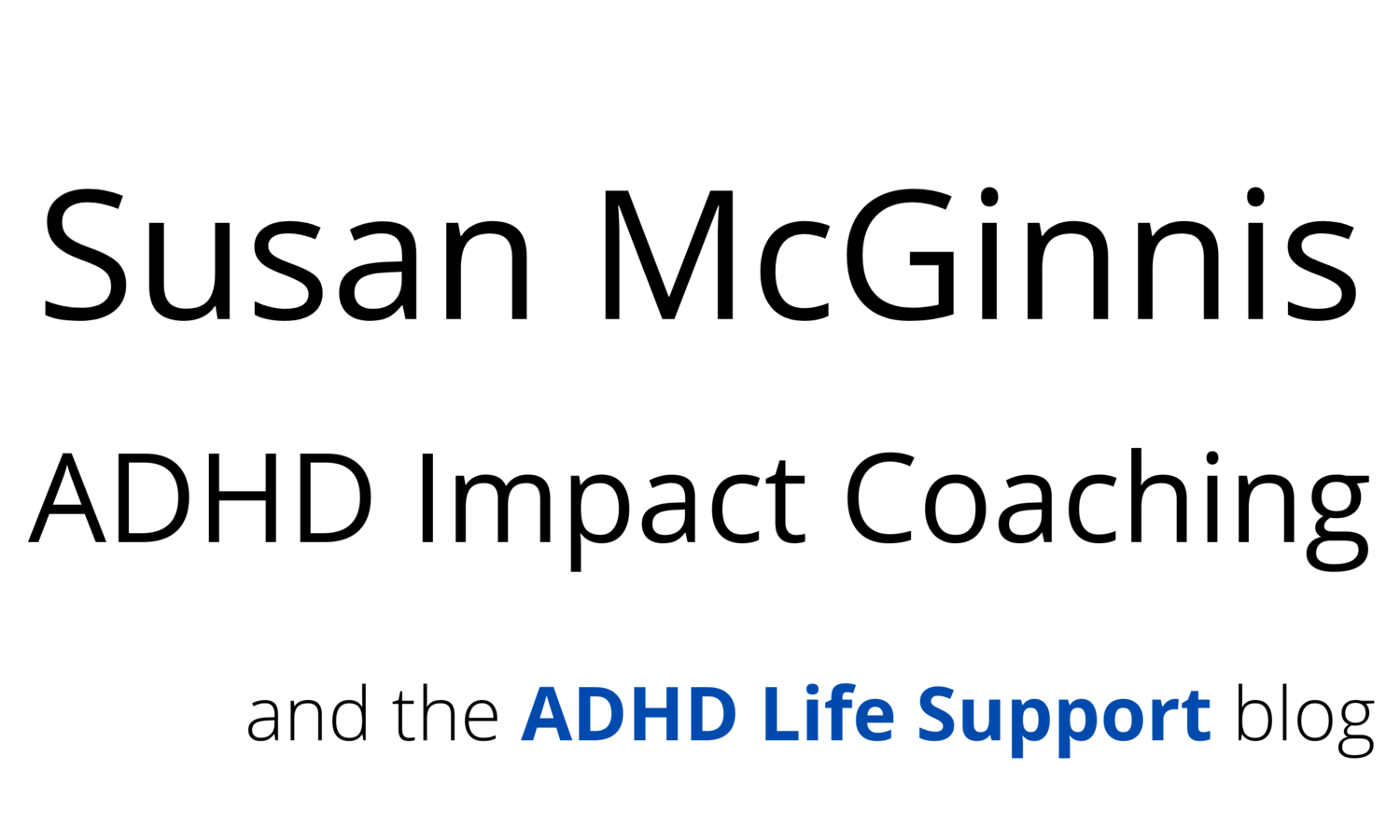ADHD Shortcut: “Should" v. “Could”
Are “shoulds” setting your agenda?
Using “shoulds” to set goals and make plans may be quick and easy, but the subsequent absence of energy for activation and motivation is the evidence: that “should” is a cognitive shortcut that leads directly to “ADHD Stuck.”
If you’ve ever felt like you know what to do but you just can’t do it - even though of course you CAN do it - you have experienced the lack of activation due to complex causes that is typical in ADHD. It takes work to figure out what you will choose to do - but if a course of action is not your choice, you are just not motivated to do it!
Saying that you know you should do something makes it sound like you’ve thought about it, and might even imply that you will do it — but the “should” is a sure sign that you are using a cognitive shortcut, and to lower our expectations here!
Let’s explore “should” further, to understand what is going on.
“Should” circumvents the decision-making process: it assumes the right outcome has been already determined. “Should” tries to shut down all other possibilities.
“Should” avoids reasoning, and consideration of pros and cons. There is an implied, condescending “[But of course]” prefix in “should” that makes it harder to question. “Should” has an expectation, or an ideal, built right in!
“Should” assumes a point of view, like, “I think you should …” or, “Everyone knows you should ….,” or, “According to the CDC, you should ….” When you hear a “should” come out of your mouth, consider: Whose expectation or ideal is that? Yours, or someone else’s?
“Should” attaches an external agenda to what otherwise is just a possibility. Adding a “should” makes consideration of any question more complicated, because now you have to evaluate the source, and all the built-in assumptions, as well as the possibility itself. Maybe you will automatically disregard the possibility because of its source!
“Should” is loaded with meaning, which complicates your real-life problem-solving by dropping you into emotionally-loaded “stuck”.
But for problem-solving, the biggest problem with “should” is that it is completely hypothetical by definition - it doesn’t matter what you “should” do! The world of “should” is a fantasy, separate and distinct from the question at hand.
What matters is what we actually do!
Your activation and motivation are connected to your personal consideration and choice. “Should” takes you out of the picture entirely: what you think doesn’t even matter!
No wonder you can’t get into action!
If you want to “try differently,” see what happens when you replace “should” with “could.”
